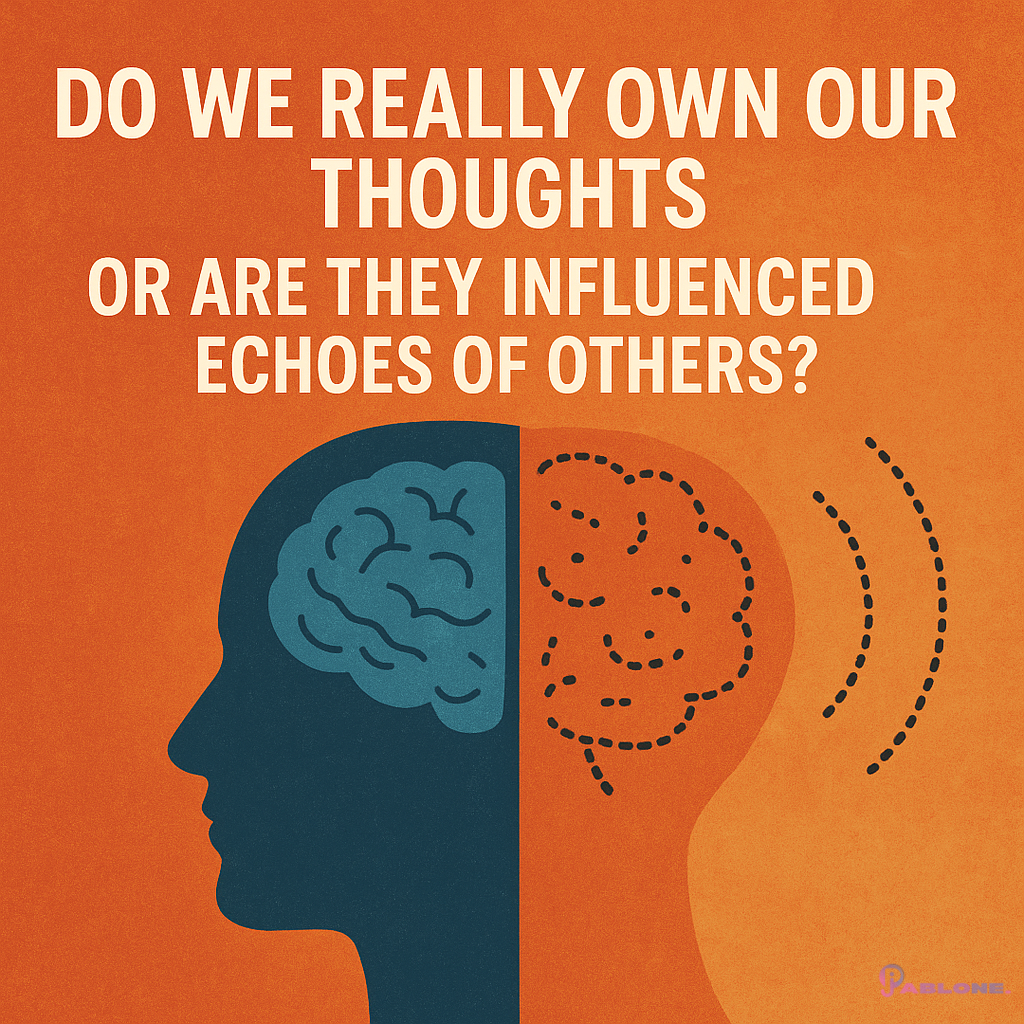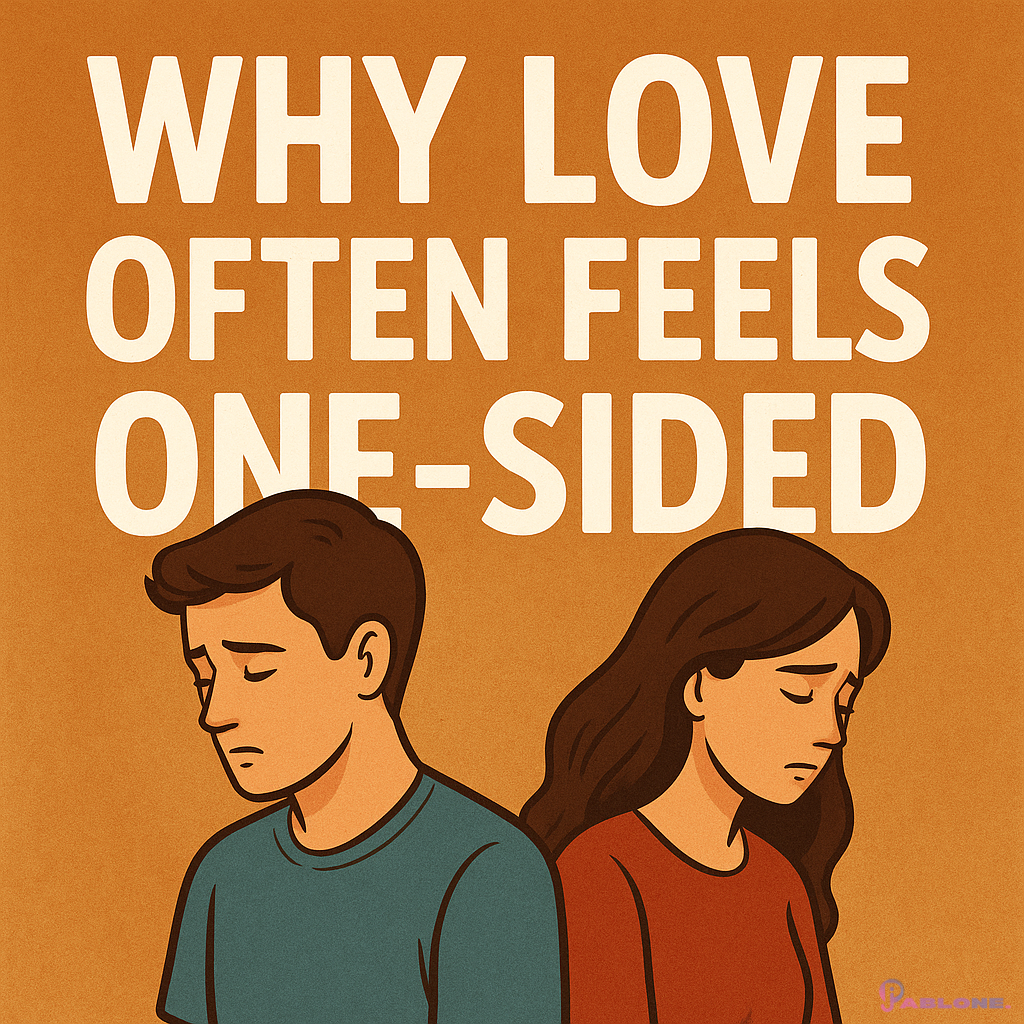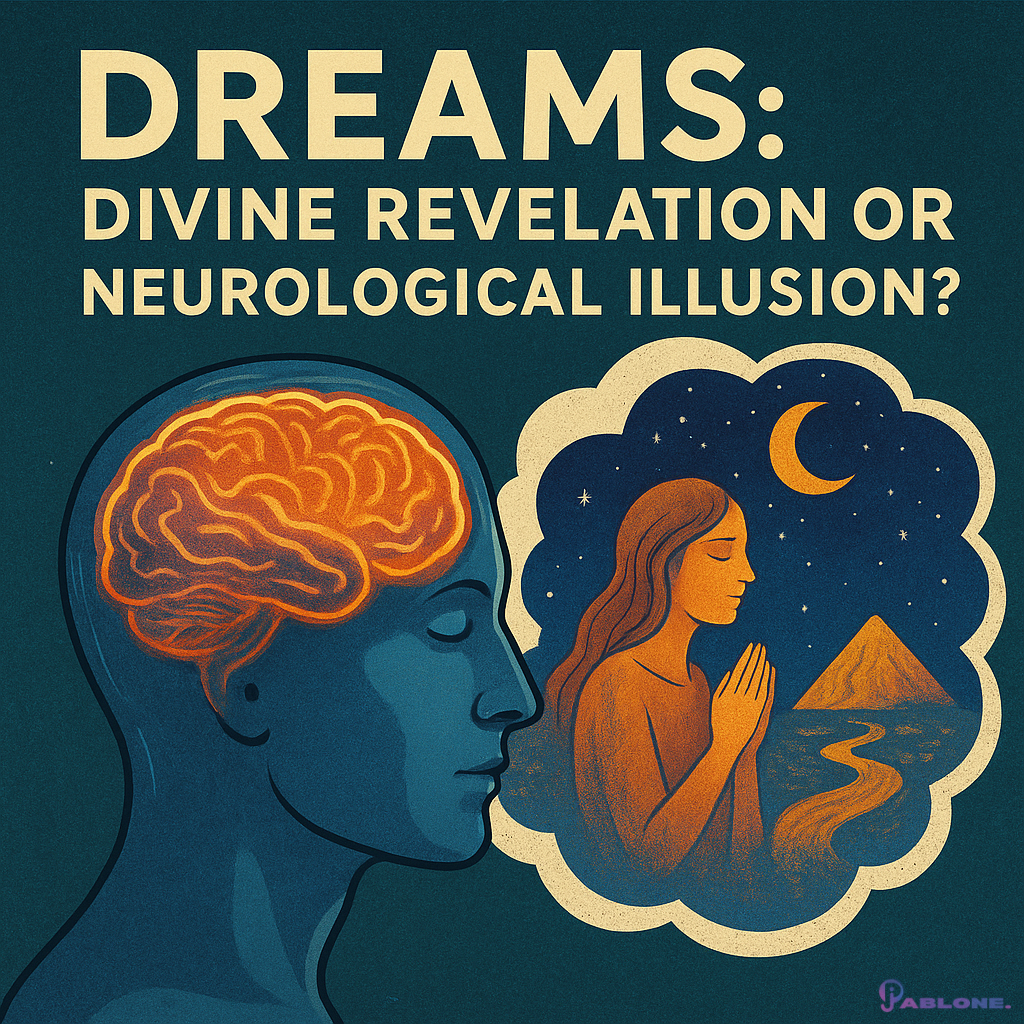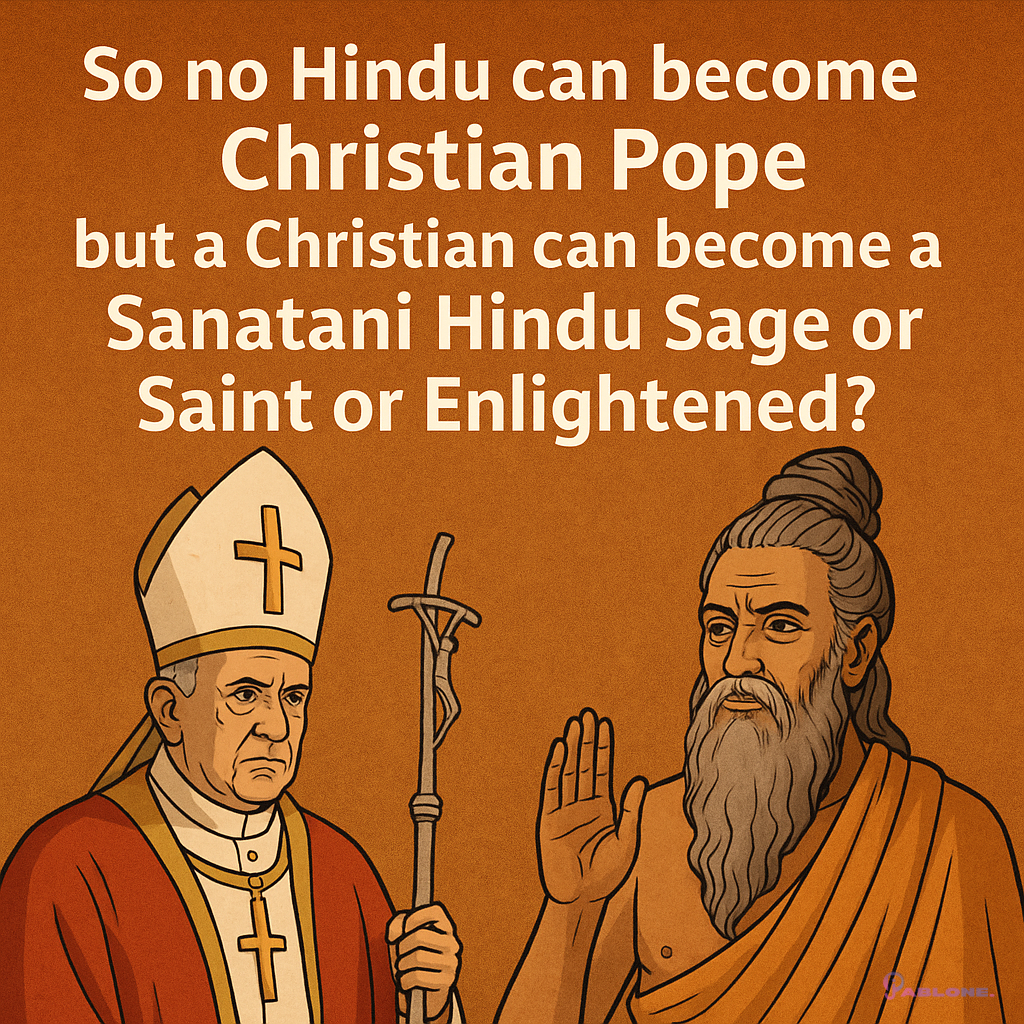Do We Really Own Our Thoughts, or Are They Influenced Echoes of Others?
Have you ever paused and wondered—is this thought truly mine, or am I just repeating what I’ve absorbed from the world around me?
It’s a fascinating question because our mind feels like the most private place in the universe. Yet, from the day we are born, our thoughts are shaped, molded, and influenced by countless voices, cultures, and experiences. This brings us to the deeper question: do we really own our thoughts, or are they echoes of others?
Let’s explore this mystery step by step.
🌱 The Origin of Our First Thoughts
A newborn doesn’t arrive with a ready-made set of ideas. From the first cry, everything is learned:
-
Language comes from parents and society.
-
Values are borrowed from culture and religion.
-
Knowledge is passed down through education.
In short, our first “thoughts” are reflections of what we are taught. For example, if a child grows up in India, they might see rice as a staple food. In Italy, it might be pasta. The thought of “what is food” itself is shaped by environment.
This shows that a large part of our mind is a collection of inherited beliefs and cultural patterns.
🧠 The Illusion of Independent Thinking
Most of us like to believe we think independently. But pause for a second—why do you support a certain political party, follow a particular fashion, or believe in a specific moral code?
Chances are:
-
You heard it from family.
-
You saw it trending in media.
-
You accepted it because society labeled it as “normal.”
This doesn’t mean we have no originality. It simply means our originality is built on the foundation of borrowed ideas.
For instance, when Steve Jobs created the iPhone, it was a groundbreaking invention. But was it created out of nowhere? No. It was influenced by existing computers, telephones, and user-interface research. Innovation itself is a remix of existing thoughts.
🌍 Society’s Silent Influence
Society acts as an invisible architect of our thoughts. Consider:
-
Fashion trends: Why do ripped jeans feel stylish today but looked strange decades ago?
-
Beauty standards: Why is fair skin preferred in some cultures while tan skin is admired in others?
-
Success definitions: Why is becoming a doctor or engineer respected in some countries while being an artist is seen as risky?
All these “thoughts” are echoes of collective opinion rather than purely personal choices.
🎓 Education and Authority: Planting Thoughts in Us
Education is powerful. It teaches us math, science, and history—but also indirectly shapes what we think is true.
Example: Two countries teaching the same historical war may present entirely different versions of it. Students from both nations grow up believing their version is the absolute truth.
This shows that authority figures—teachers, governments, religious leaders—don’t just share facts; they plant perspectives that become the foundation of our beliefs.
💭 Are Original Thoughts Even Possible?
Philosophers often argue: there is no truly original thought. Every idea is influenced, even if unconsciously, by what came before.
Think about it:
-
A poet writes about love—echoes of literature, films, and personal experience shape the words.
-
A scientist makes a discovery—based on existing experiments, failures, and prior knowledge.
-
You decide to buy a product—probably influenced by an ad, a review, or a friend’s suggestion.
Yet, originality comes in how we combine, remix, and reimagine these influences. That’s why Shakespeare could use old stories but still create timeless plays.
🧘 The Role of Self-Awareness
Now comes the real question: If most thoughts are influenced, do we ever get to own our mind?
The answer lies in self-awareness.
-
When you pause before reacting, you start owning your thought.
-
When you question a belief (“Why do I believe this?”), you separate influence from truth.
-
When you meditate or journal, you dig deeper into your authentic self.
Owning a thought doesn’t mean it’s 100% free of influence—it means you’ve consciously examined it, accepted it, and made it part of your identity.
🔄 Example: Coffee or Tea?
Let’s take a light-hearted example.
If you prefer coffee, is that really your own choice? Maybe yes, maybe not. Perhaps:
-
You saw your parents drink coffee every morning.
-
TV ads portrayed coffee as “cool.”
-
Your college friends bonded over coffee shops.
But if one day you sit down and consciously think: Do I prefer coffee because I love its taste, or just because of habit?—that’s when the thought starts becoming yours.
⚖️ Balance Between Influence and Ownership
We cannot live in isolation. Influence is natural and unavoidable. The goal isn’t to escape influence but to filter it wisely.
Ask yourself:
-
Is this thought empowering me or limiting me?
-
Am I holding this belief because I want to, or because I was told to?
-
Does this choice reflect my true self, or am I just following the crowd?
When we ask these questions, we begin shifting from echoed thinking to owned thinking.
🌟 Conclusion: Our Mind, Our Responsibility
So, do we really own our thoughts? The honest answer is: partly yes, partly no.
Much of what we think is influenced—by culture, society, education, and media. But ownership begins when we question, reflect, and choose consciously.
In other words, we may not control what thoughts enter our mind, but we control which ones we give power to.
👉 That’s the difference between living as an echo of others and living as the author of your own story.






Leave a Reply